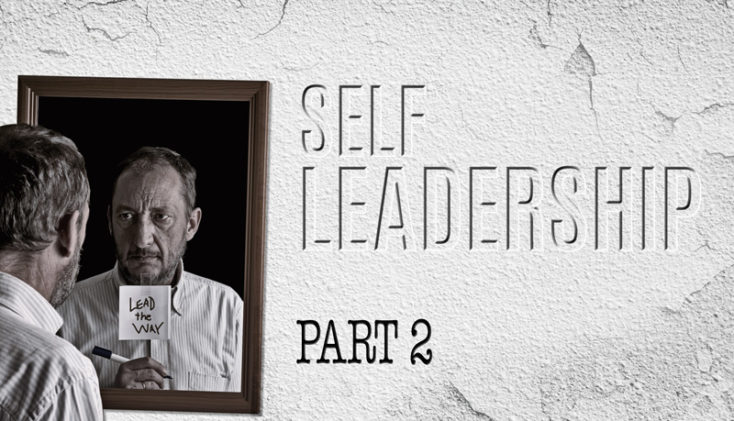So far in this blog series we have established that selfless, courageous leadership that inspires lasting change in others starts with self-leadership.
Now we want to bring it even further home. Self-leadership requires prioritizing and problem-solving in the relationships closest to us: with our spouse, our children, family and close friends. It seems to be particularly true of high speed business leaders that they often end up neglecting these relationships in their pursuit of career success. At first glance it may seem odd that high achievers could be so inept or even oblivious to serious relational issues at home. After all, they are skilled at assessing problems and finding solutions in a work setting.
Upon closer review however, it isn’t quite as surprising. The problem solving at work is often of a tactical or technical nature. The leader who isn’t equipped to solve relational problems at home is often not great at them at work either–a fact that is masked by their ability to “get results” no matter the method. The stereotype of bosses being jerks is alive and well and it isn’t entirely unfounded. I know because I once was one! But I didn’t settle for that type of leadership and I don’t want you to either. So how does the self-leader improve in this area?
I believe one of the fastest ways to improving our ability to problem-solve in personal relationships is to be highly intentional about where we turn for advice. Studies show that we most often turn to a family member or friend in these situations. If you happen to have a close friend or family member who is competent and qualified to dispense advice on serious matters–great! For the vast majority of us though, our advisors are chosen almost entirely from likeability, convenience or pure habit. More often than not, they are neither equipped nor qualified to give the advice we need. In one instance, listening to unqualified investment advice from a family member cost me nearly half a million dollars!
I have not only received terrible advice in the past. I have also given some terrible advice as well. This happens when we lack awareness about how equipped we are–or aren’t–to assess problems and find solutions. Once we have the awareness, then we must take steps to change. This is the essence of self-leadership.
Self-leadership requires prioritizing and problem-solving in the relationships closest to us. Click To TweetBecoming a problem solver doesn’t mean that you have all of the answers, nor that you pretend to. It simply means that you are judicious about where you turn for advice and that you are intentional about applying it. This leads an extreme leader to be more frequently in position and equipped to find solutions to increasingly bigger problems.
As we seek and apply qualified, competent counsel our own ability to provide it to others grows, and with it our level of influence. My mentor John C. Maxwell says you know you’ve succeeded as a leader when those closest to you respect you the most. That statement resonates with me to my very core. Don’t you want that to be your legacy? I sure do! I’ve said before that the most significant goal in my life is to model generosity and inspire character growth in myself and others.
This doesn’t just start at home—it absolutely depends upon it.
